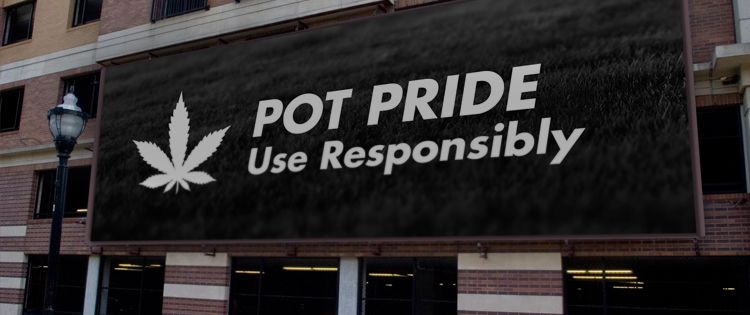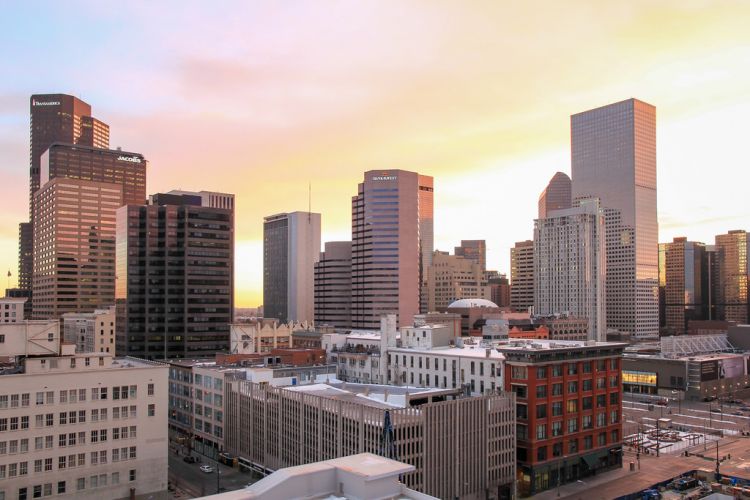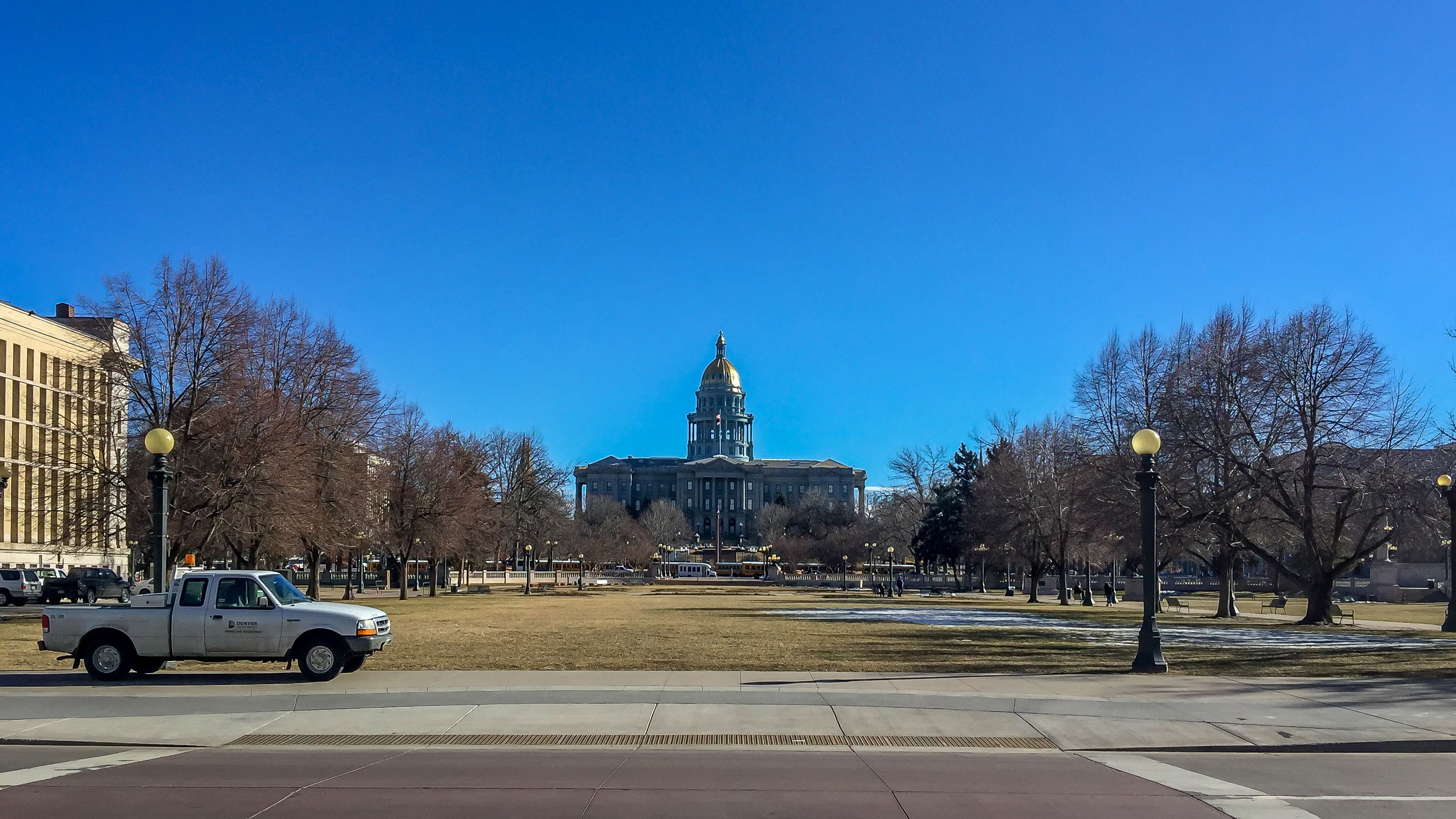The utilization of tax sales levied from the adult use of cannabis has always been a well-discussed topic even before it was legalized in Colorado.
Another issue the state deliberated before cannabis was legalized is how the underage population can be prevented from using marijuana. Cannabis does affect teens differently than adults and teenage use is surely something that should be closely monitored.
As a matter of fact, both concerns are still being discussed in the state and across the country.
But in Denver, the city administration has decided to use a portion of the collected taxes to fund cannabis prevention programs in summer and after-school programs in the city.

According to the Denver Department of Excise and Licenses, the department that oversees Denver’s cannabis industry, this project aims to educate the youth particularly those who are in middle school.
Kids who will be enrolled in the program will take a ten-hour curriculum which will be then split into two courses.
Collaborating with the Denver Office of Children’s Affairs, the Excise and Licenses department will allocate a portion of the city’s 3.5 percent special sales tax on cannabis products to provide for the funding for the Healthy Lifestyle programs.
“Our marijuana education curriculum is just a fraction of the work that after-school programs do to keep kids healthy and help them make smart decisions,” Erin Brown said in a public statement where he announced the new projects. “Denver’s marijuana tax revenue benefits nearly 10,000 youth and makes a world of difference to families who need accessible, high-quality after-school and summer programming that ultimately helps their children succeed.”
Brown is the executive director of Denver’s Department of Children’s Affairs.
He added that the Healthy Lifestyle programs were designed to clarify and answer the students’ question about cannabis. They will also teach the youth about the states’ specific rules regarding the use and sale of the substance.
Healthy Lifestyles is funded with a $1.5 million tax revenue allocation that was collected in 2017 by the Excise and Licenses office.
Some of the findings in the analysis of the Healthy Lifestyles 101 include:
• 4 in 5 of the kids that were in the program recognized the risks of cannabis use which involves the potential issues that may block their personal, athletic, and academic ambitions
• 79 percent of the students in middle school understand that they could be fined and they might not get their driver’s license if they are caught with cannabis
• 83 percent realized that the use of the substance can lead them to have lower grades in their subjects
• 80 percent know that when they start smoking cannabis, it might affect their lung health and will make it harder for them to breathe
• 47 percent of the respondents do not believe that most of the youth in Colorado are using cannabis
• 68 percent said that they disagree that cannabis affects teenagers the same way it affects adults
• 87 percent also disagree that cannabis is a natural drug which makes it harmless and okay to use
These results were taken by the Department of Excise and Licenses from a sample of 205 students that were part of the program.

Healthy Lifestyles 201, the next phase of the curriculum is the more in-depth part of the course. It concentrates on deepening the knowledge of the students of Colorado with regards to cannabis.
Denver will then share the results of the survey from the Healthy Lifestyles 201 course sometime this year.
Ashley Kilroy, the executive director of the Department of Excise and Licenses said that she is happy to see that the kids who have participated in this after-school programs have understood the possible consequences of cannabis use much better compared to before they enrolled in the program.
Kilroy said that it shows how the cannabis-tax funded educational programs are working- helping the youth realize any potential risks of cannabis consumption to their future and health.
The city of Denver’s cannabis tax revenue funds more than 40 after-school groups in the city. Boys and Girls Club of Metro Denver, the Bridge Project, Girls Inc., and the YMCA are some of the organizations that are included in the list.
At the last quarter of 2017, the department also directed some of the revenue to High Costs.
High Costs is a program that aims to encourage students in high school to use trivia games, social media, school-bus signs, and billboards to promote and raise awareness of the risks of the recreational use of cannabis at a young age.

Denver’s cannabis sales tax policy currently sits at 3.5 percent but the administration in the city is planning to raise it to as high as 15.5 percent.
Mayor Michael Hancock proposed raising the special sales tax to 5.5 percent to help in paying for cheaper housing. According to Hancock’s office, this will increase the budget of the city by $8 million while adding roughly $1 of extra sales tax to a $50 dispensary purchase
Hancock’s proposal is still under consideration.
Share your views with our community on Denver’s cannabis tax use below!
- How Commercial Cannabis Growers Can Benefit from Using a Software - May 17, 2019
- Understanding CBD Interactions and Why CBD and Your Brain Can Be Best Friends - January 4, 2019
- The Difference Between Using THC and CBD - December 19, 2018


